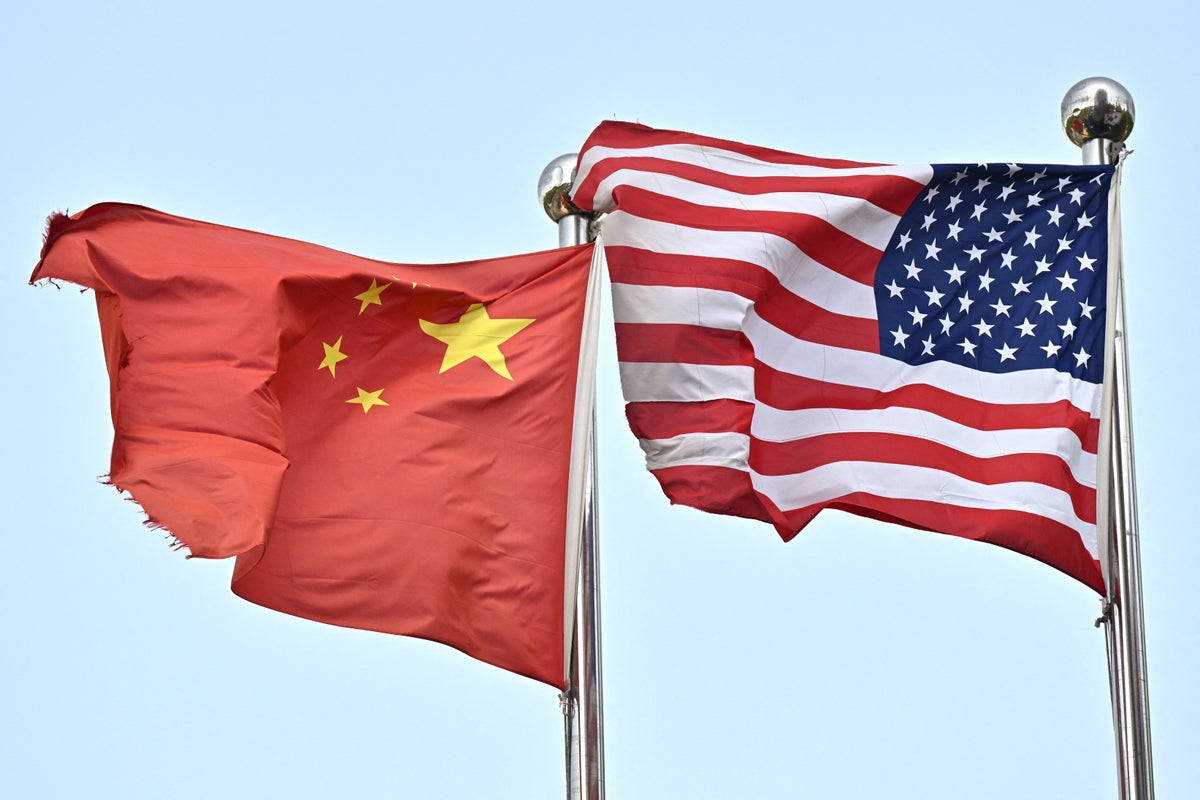This website uses cookies so that we can provide you with the best user experience possible. Cookie information is stored in your browser and performs functions such as recognising you when you return to our website and helping our team to understand which sections of the website you find most interesting and useful.

The Trump administration’s ongoing tariff battle with China has observers worried that a new Cold War-style power conflict could break out.
“What we’re seeing now is the biggest trade war in history,” Yun Sun, director of the China program at the Stimson Center, a Washington think tank, told The Wall Street Journal. “The risk of the trade war expanding to other domains is quite high.”
The U.S. and China have long had a complicated relationship — encompassing being major trading partners, as well as geopolitical and economic rivals — but a new paradigm began with the Trump administration’s “Liberation Day” agenda of worldwide tariffs.
While the Republican president has since paused many of the reciprocal tariffs he initially committed to, China still faces a 145 percent tariff rate, a measure that inspired Beijing to hit the U.S. with a 125 percent levy.
Trump has been publicly upbeat about the prospects of reaching a trade agreement of some kind with China, though the administration hasn’t publicly outlined the progress on making such an arrangement.
“Oh we’re going to make a deal," Trump said last week. "I think we are going to make a very good deal with China."
The president may be optimistic, but most other signs point to a hardening position on both sides.
China has vowed to “fight to the end” against the tariffs, while the Trump administration has imposed export controls on U.S.-made high-tech computer chips going to China.
Beijing said this week it would "take countermeasures in a resolute and reciprocal manner" against nations that reach trade agreements with the U.S. that would hurt Chinese interests.
"The United States has abused tariffs on all trading partners under the banner of so-called 'equivalence', while also forcing all parties to start so-called 'reciprocal tariffs' negotiations with them,” said China's Commerce Ministry.
Meanwhile, Trump and Secretary of State Marco Rubio reportedly have not received any direct messages or offers from their Chinese counterparts to make a deal, according to the Journal.
Outside of the trade issues, tensions have been ratcheting up between the U.S. and China for some time now, including alleged tit-for-tat cyber attacks between the two nations in recent months, and China conducting large-scale military drills around the U.S.-aligned island of Taiwan.



 Africana55 Radio
Africana55 Radio 
